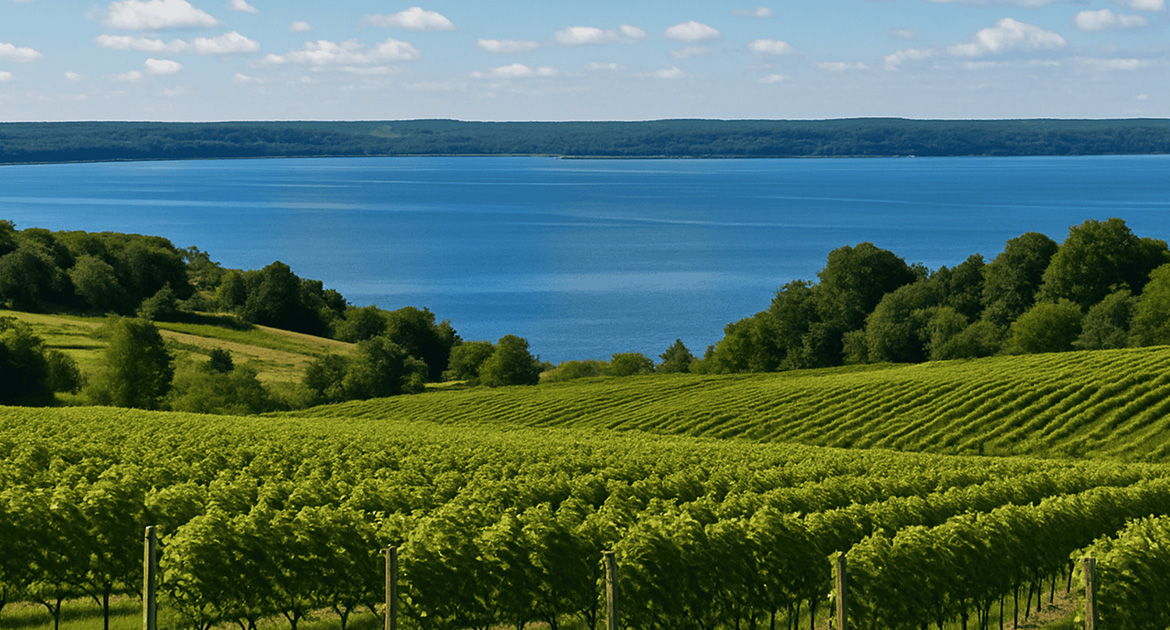Culture: The Invisible Force That Fuels Sustainable Peak Performance

We are working with a client who is challenged to meet expectations. Recently, they told us they don’t want to talk about culture anymore.
We get it. The word culture has been overused, misused, and misunderstood. Too often it’s reduced to slogans on the wall or HR initiatives that don’t connect to the real work. But here’s the reality: In the end, culture is the garden in which everything grows.
Talent ebbs and flows. People come and go. But culture—when it is understood and intentionally cultivated—remains. It is the soil, the nutrients, and the conditions that allow people to flourish.
What Culture Really Is
Culture isn’t about casual Fridays, motivational posters, or a list of values that few could recite. At its core, culture is simply:
- Why we do what we do – the purpose that guides our effort
- How we do it – the principles and standards we live by
- With whom we do it – the people and relationships that give us energy
When we talk about culture in this way, it’s no longer abstract. It’s the daily lived experience of work. It’s the difference between a garden that nourishes life and one where nothing takes root.
Talent vs. Culture
In The Shift from Me to Team, I share that talent may win a game or close a deal, but talent alone cannot sustain greatness. Talent changes. It leaves. It fades.
Culture, on the other hand, creates the conditions for talent to flourish again and again. It provides continuity, belonging, and energy. It is the soil that transforms individual seeds into a thriving garden.
When culture is strong, new players or leaders can step in and perform at a high level because the environment already supports growth.
The Cost of Misaligned Culture
Most organizational problems surface when culture is ignored. We feel it when:
- We wonder, Why am I doing this work?
- We sense we are not being treated with respect.
- Leaders act out of ego rather than service.
- Colleagues take more than they give.
These moments drain energy. Neuroscience shows us that when our principles are violated, our brains flood with stress chemicals—adrenaline and cortisol—gearing us up for fight or flight rather than collaboration and creativity.
That is why disengagement, turnover, and burnout aren’t problems in themselves; they are symptoms of a culture where the soil has turned toxic.
Culture as the Enabler of Peak Performance
By contrast, when culture is aligned, people feel energized:
- They feel good about the work they are doing.
- They trust and enjoy the people they are working with.
- They take pride in how the work is being done.
This alignment fuels collaboration, resilience, and joy. The body releases serotonin and oxytocin—chemicals of trust and belonging. These aren’t soft benefits. They are the drivers of sustainable Peak Performance.
This is why culture is not an add-on—it is the garden itself.
A Call to Leaders
Culture is the invisible hand that shapes everything. Ignore it, and it will shape you by default. Respect it, and it becomes the most powerful tool you possess to create lasting greatness.
So instead of asking, “Do we really need to talk about culture?” ask:
- What is the energy of our culture producing right now?
- Is it fueling fear or commitment? Ego or collaboration?
Here’s the truth: people are not “bad plants.” More often, they are simply planted in the wrong garden. A cactus will never thrive in a swamp, and a lily will wither in the desert. The same is true in organizations.
When leaders cultivate the right garden—providing a supportive environment and essential resources—people flourish. Talent, purpose, and collaboration take root, and the organization becomes a place of sustainable growth and greatness.
That is the misunderstood power of culture. It is not an accessory. It is the garden itself.
🌱 Garden Metaphor Highlights
- Culture is the garden. People are the plants. Leaders are the gardeners.
- No plant is bad. It just needs the right garden to grow.
- Talent is the seed. Culture is the soil.
- A thriving culture turns individual effort into collective greatness.
- When the garden is healthy, everything planted in it flourishes.
- Culture is not an accessory—it is the environment where greatness grows.






